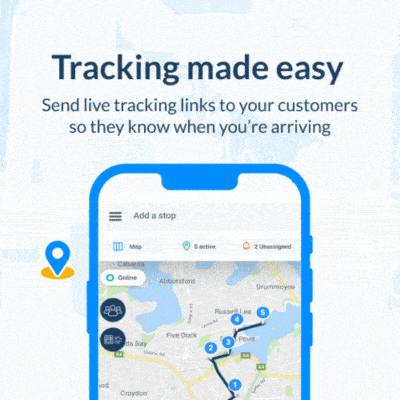The logistics world has watched the Red Sea crisis intensely in recent months. This is because it has thrown a curve ball in the way of the supply chain and shipping industry at large.
Logistics companies may be thinking: What’s this doing to the business? A shipping company like Maersk will be watching this crisis with keen interest. The company’s latest post examines what this is doing to businesses.
“The effects of the situation in the Red Sea are widening and continuing to cause industry-wide disruptions.” The company is boosting reliability, which includes faster sailing time and capacity addition.
How is business affected?
The Red Sea is a crucial corridor connecting the Mediterranean Sea, the Indian Ocean, and beyond. Its strategic location gives shippers access to Europe, Asia, and Africa. The Red Sea route is the natural sailing passage between these regions.
The Red Sea crisis has impacted international trade worldwide. It has hampered crucial shipping routes, and many shipping companies have rerouted shipments. Imagine what this is doing to a manufacturer or a retail chain waiting to stock shelves.
Here’s how it’s affecting your business and pocket.
Businesses have had to compete with rising freight costs and longer transit times. The sector has also seen that containers are hard to secure.
In January, Al Jazeera reported a shipping delay of 21-28 days due to this ongoing logistics “nightmare,” as many logistics companies may be calling it. The Financial Times reports that small-medium businesses in India are particularly being affected by this ongoing wave.
Shipping routes
At the beginning of the Red Sea crisis, shipping companies diverted shipments around the Cape of Good Hope. However, with diverting shipments, costs may also be affected. This elevated demand for alternative shipping routes has naturally driven up prices due to limited availability.
Companies must set anchors down and weather the storm, or the Red Sea crisis persists. Bloomberg reports that there is a prospect that the Red Sea diversions will take place all year. Alan Murphy, the founder of Sea-Intelligence, says: “If we ever have a long-term safe resolution to the Red Sea crisis, it’s going to take six to 12 months before we actually have stable networks running through the Suez again.”
Adapting for business
Looking ahead, shipping companies may choose the Cape of Good Hope as an alternative, but this leads to longer transit times. These companies will now and in the future look at intermodal transport.
Intermodal transport does provide some benefits:
- Efficiency and flexibility: Allows seamless transfers across modes, optimizing routes, and can also reduce delays.
- Reduced costs: Efficient use of each transport mode can lower overall costs compared to using just one.
- Reduced congestion: Utilizing different transport modes can relieve congestion at ports and on roads.
Photo Credit: Canva
Share this article
About the author
Sharl is a qualified journalist. He has over 10 years’ experience in the media industry, including positions as an editor of a magazine and Business Editor of a daily newspaper. Sharl also has experience in logistics specifically operations, where he worked with global food aid organisations distributing food into Africa. Sharl enjoys writing business stories and human interest pieces.













